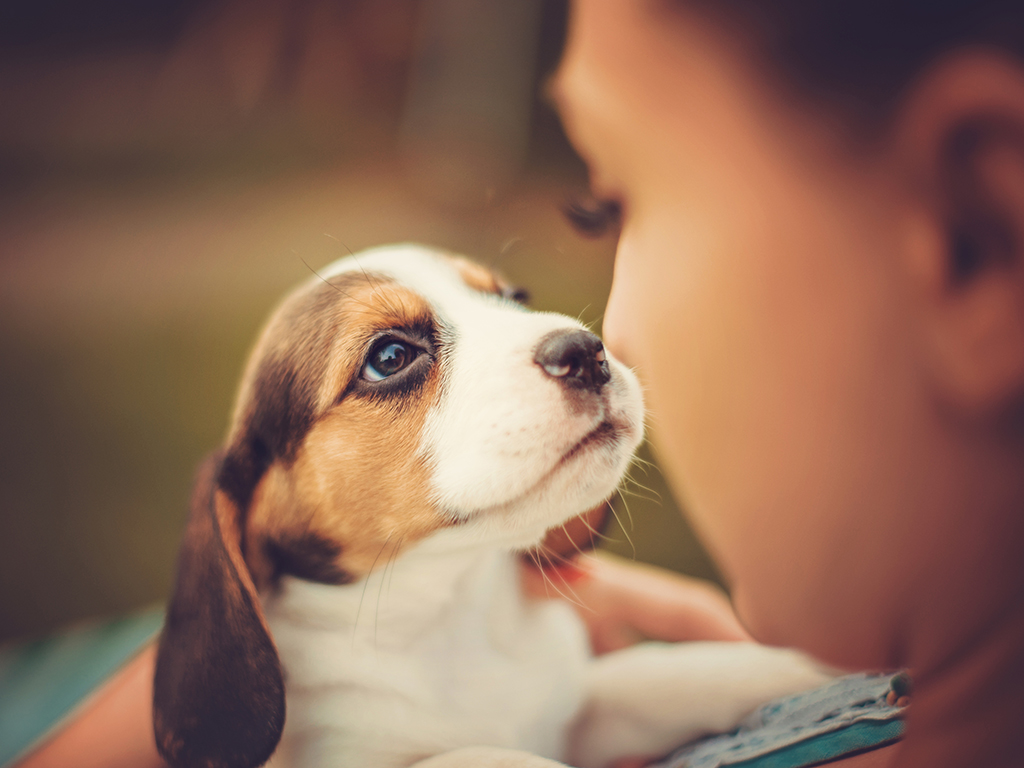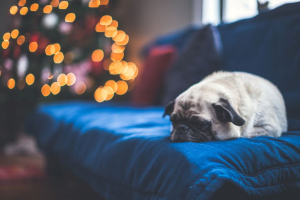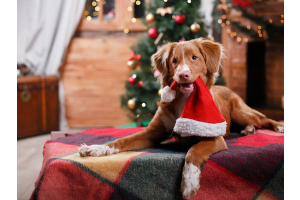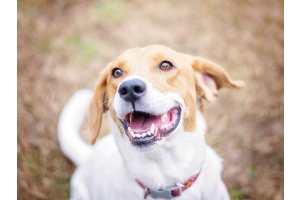
Three Things To Consider Before Your First Pet Purchase
So, you have decided to add a pet to your family. It’s surely an exciting time. But your new addition will bring a multitude of changes in your life, and if you haven’t given the process careful thought and consideration, your joyful homecoming could turn into an unfortunate experience for both you and your pet. You owe it to yourself, your family and the animal to be vigilant in making the right choice.
Here are three important things to consider.
What Pet Is Right For You?
Each year tens of thousands of dog are abandoned or unwanted in the UK. Owners become overburdened with the expenses, poor behaviour, space issues, or grow too old to care for their pets. With this in mind, it’s important to ask yourself some tough questions.
Do I have enough space? If you’re living in a small flat, chances are that a large-breed dog wouldn’t have enough room.
What pet would be best for my children? If you have young children who aren’t ready to devote a lot of time to a pet, an independent cat is probably a better fit for your family than a dog that will need regular walks and playtime.
What are my financial obligations going to be? Consider costs such as food, litter, necessary home modifications, and unforeseen veterinary bills ahead of time.
Will everyone in my home adapt to the animal? Young children, and even adults, may have unidentified allergies. Be sure to do some testing ahead of time.
Will my landlord allow pets? Most leases contain pet clauses. Make sure you are aware of what is allowed and what isn’t ahead of time.
How long will the pet live? You should only adopt a pet if you’re willing to commit to it for its lifetime, so do some research on the lifespan of the breed you’re interested in to make sure you’re willing to give it a home for life.
Can I give my pet enough time? If you’re single and working long hours, owning a dog is probably not ideal unless you are able to get help. Dog walkers and Pet Sitters are available to check in on your pet and feed and exercise them when you’re working longer hours than normal or on vacation.
How To Ready Your Home For Your Pet
One of the best ways you can make sure your home is ready for your pet is by viewing it from their eye level by looking for hidden dangers that may include some of the following:
-
Find all items that are a choking, suffocation, or electrocution hazard. This includes outlets, extension cords, small toys, and blind cords.
-
Makes sure medications are secured.
-
Lock up any potentially toxic chemicals, such as antifreeze or lawn fertiliser.
-
Check for plants which are potentially poisonous.
-
Secure toilet lids, as toilets can pose a drowning risk for small animals.
How To Bond With Your New Pet
If you’ve selected a pet that requires socialisation, like a dog or cat, make sure that you set aside time to bond with them. By taking time to form a connection, you’ll be ensuring that they feel safe and secure in their new surroundings. This time is particularly important for pets who are rescue animals, as they are likely nervous and easily unsettled.
Bonding can happen during any of the following times:
-
Petting
-
Playing
-
Feeding
-
Sleeping (if you have chosen to allow your pet into your bed)
-
Making them feel protected with food, litter, toys, and a bed or nesting area
Bringing home a new pet should be considered as sacred as bringing home a new baby. Too often pets are an impulse purchase. Instead, take time to carefully consider why you want a pet. This will help you determine what pet you can best commit to. If you’re concerned or have questions in the process, be sure to ask your local veterinarian or Rescue Centre for help.
Finding a pet you will love for a lifetime will be a richly rewarding experience, but only if you take the time to choose and prepare wisely.
Jessica Brody - Ourbestfriends.pet





